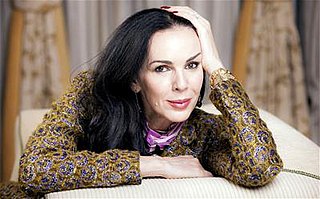A Quote by Prashant Bhushan
It is this obsession with GDP and FDI growth and a facile belief that this growth in the GDP would trickle down to the poor as well, that has led to the neglect of the genuine concerns of the poor in the country.
Related Quotes
It is argued by our GDP obsessed policy planners that eventually the money being made by the stock market operators or the IT industry would trickle down to the poor farmers in terms of ancillary jobs that would be created. But the fact is, that this has not happened, despite the boom in the stock market and the IT industry.
There's no growth. If China has a GDP of 7 percent, it's like a national catastrophe. We're down at 1 percent. And that's, like, no growth. And we're going lower, in my opinion. And a lot of it has to do with the fact that our taxes are so high, just about the highest in the world. And I'm bringing them down to one of the lower in the world.































